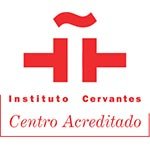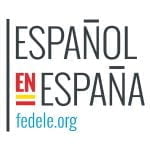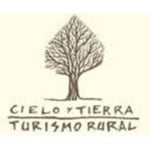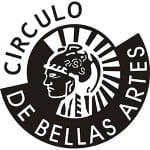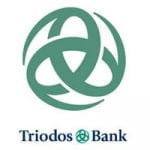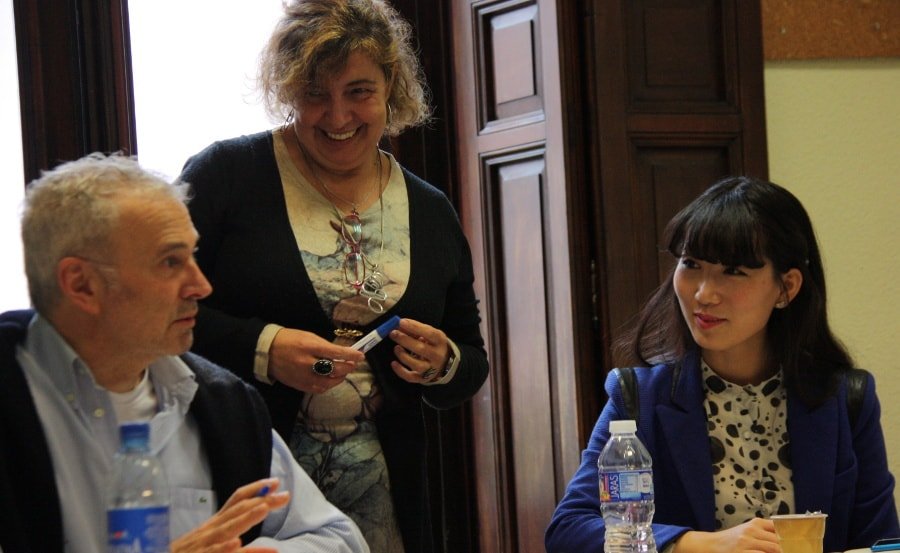
By Begoña Llovet and Matilde Cerrolaza, directors of TANDEM Madrid
In the 21st century, we have clearly taken on board the Copernican shift in the teaching of foreign languages since the 1970s, with the arrival on the scene of the communicative vision of learning.
We have been teaching Spanish for many years, running a Spanish teaching centre, collaborating with institutions, training Spanish teachers and creating materials. In the encounter with the other that a training workshop always entails, in the encounter with the institutions and politics of Spanish, and in the encounter with the publishing world, we are often aware of an obvious dichotomy that, despite its evidence, remains hidden, unveiled:
- On the one hand, the discourse of innovative pedagogy is advancing with new approaches, proposing objectives whose focus is on learner-centred teaching, on the realisation of meaningful activities, on the development of the competences necessary to be able to communicate in different fields of action, etc.
- And on the other hand, the reality of teaching and training presents a great complexityboth in the variety of actors as well as the variety of levels on which the world of Spanish is currently developing: it must be remembered that changes take time, that in the teaching of Spanish, circumstances of all kinds have considerably accelerated the progress of various activities related to it.
Thus, universities are making a commendable push towards the training of future teachers of Spanish, bringing together different trends and offering a wide range of content, not yet fully emancipated from academic discourse.
Publishers are expanding their activities, with new goals, new media and new concepts, always bearing in mind the limits imposed by the market and political correctness.
Moreover, the promise of new technologies is dazzling a teaching body that is entering into the discourse of virtual teaching and is acquiring technical skills and trying to resolve methodological issues that non-face-to-face teaching raises.
Spanish teachers are therefore fortunate to find themselves in a highly dynamic environment, in which they can constantly rethink things, an environment that is much more dynamic than in other teaching subjects. And Spanish teachers are also showing great dynamism: they want to rise to the occasion.
And in an environment that seems so dynamic, how do we ensure that all this change, the famous Copernican shift we were talking about at the beginning, is acceptable, understandable, applicable and desirable? Is it taken for granted that all actors involved in training and education we have embraced that change and we transmit it in our work and in training plans or Are we still chained to habits, ideas and behaviours more typical of the traditional education system? Is it taken for granted that pupils are aware of this change and that they are Are they ready to take the lead? what happens in classrooms? How do teachers teach? How has the organisation of schools adapted to the new pedagogical discourse? What is happening in the institutions responsible for teacher training? Do they know and have they embraced change?
Spanish teacher training should focus on triggering a process of change within teachers, so that their classroom practice reflects the new approaches.
And a training effective should be addressed to the practice, to the experience continuous of what is being done in a classroom: there is no point in having an impeccable theoretical background if when it comes to working for that learners learn and not teachers teachThe traditional ways of teaching acquired during the years of school, high school, university, etc. are unconsciously repeated.
There is a lot of literature on the what, let’s do the literature on the how. How change happens and how it actually takes place in order for students and teachers to live/experience a process of change. How we face some of the processes of pedagogical involution that are taking place with the explosion of the Spanish language market.

